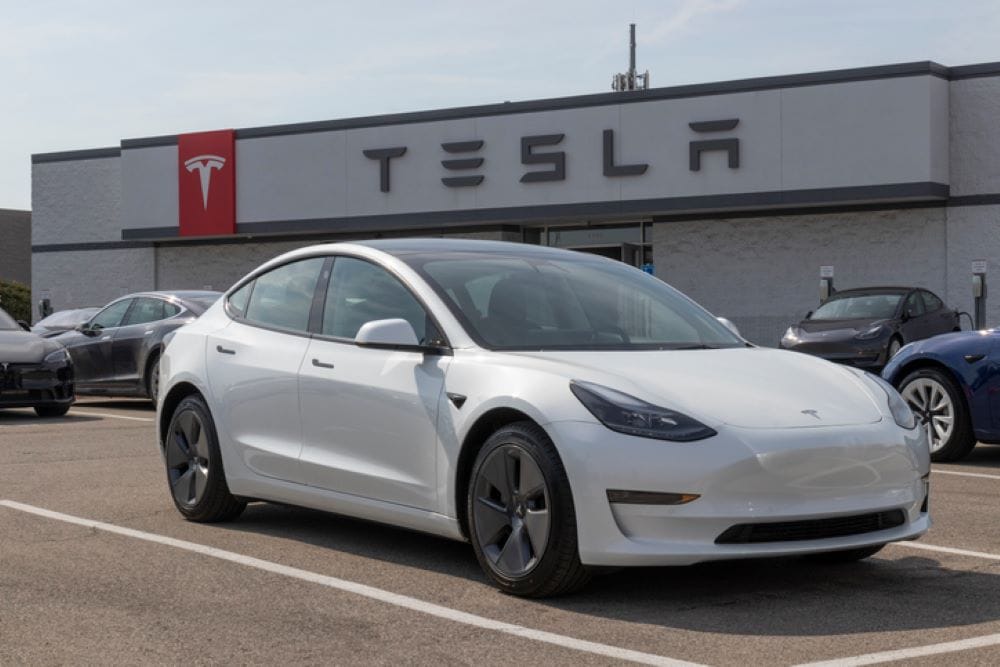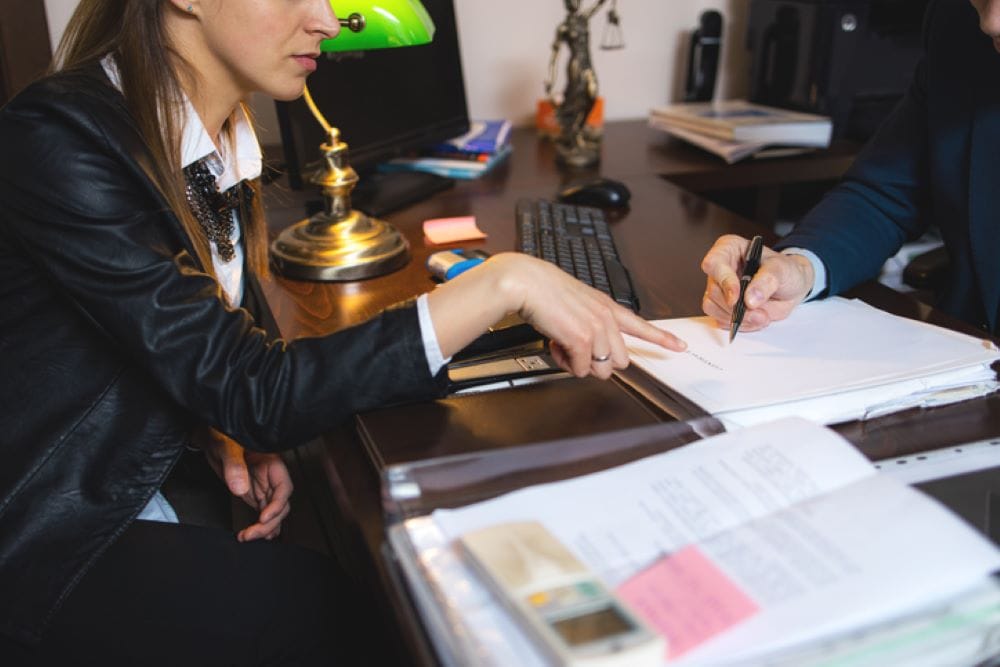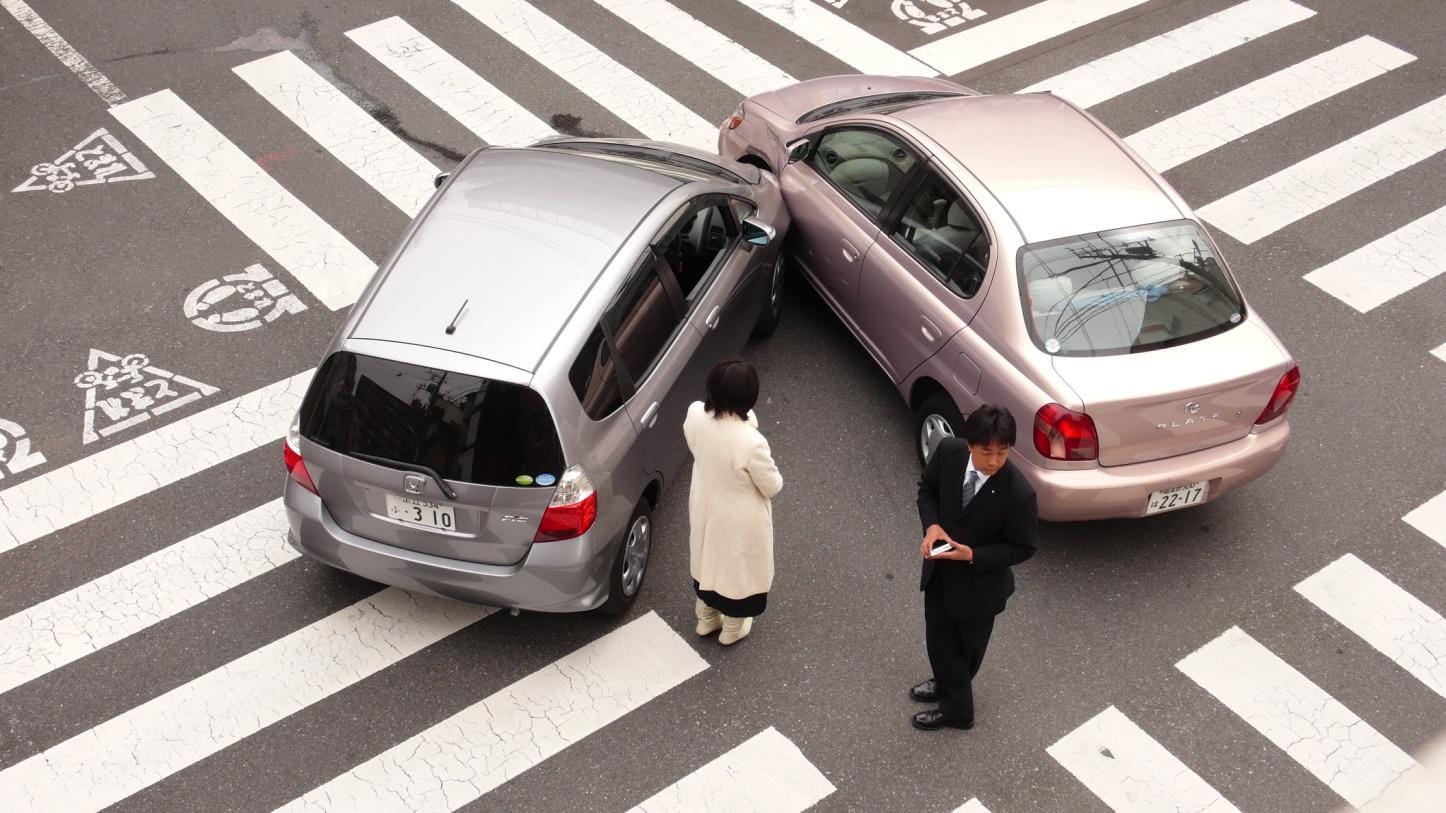
Tesla’s innovative Autopilot feature has undoubtedly revolutionized the automotive industry, offering drivers a glimpse into the future of transportation. However, with this advanced technology comes a complex web of legal questions and concerns, particularly in the event of an Autopilot-related accident. Can you sue Tesla for an Autopilot crash? What steps should you take if you’re involved in such an incident? Let’s delve into the intricacies of this issue.
Understanding Tesla’s Autopilot System
Tesla’s Autopilot is an advanced driver assistance system (ADAS) that enables semi-autonomous driving capabilities. It utilizes a combination of cameras, sensors, and radars to detect and respond to surrounding traffic, maintaining lane position, adjusting speed, and even executing lane changes with minimal input from the driver.
How Autopilot Car Accidents Happen
While Tesla touts the safety benefits of its Autopilot system, accidents involving these Tesla vehicles have raised concerns and sparked legal debates. Autopilot-related accident occurs due to various factors, including:
Driver Complacency: Some Tesla drivers may become overly reliant on Autopilot, failing to remain attentive and ready to intervene when necessary.
System Limitations: Despite its advanced capabilities, Tesla’s Autopilot system is not foolproof and may struggle to navigate certain road conditions or unexpected situations.
Sensor Interference: Environmental factors such as heavy rain, fog, or bright sunlight can potentially impair the system’s sensors, leading to misinterpretation of surroundings.
Software Bugs: Like any software-driven technology, Autopilot may encounter bugs or glitches that could compromise its functionality and safety.
Can You Sue Tesla After an Autopilot Crash?
Yes, you can sue Tesla after an autopilot crash under certain circumstances. If you believe that Tesla’s Autopilot system or other factors related to the Tesla vehicle contributed to the crash, you may have grounds for legal action. However, the success of your lawsuit will depend on various factors, including the evidence supporting your claim, applicable laws, and the strength of your case.
Proving Negligence
To succeed in a lawsuit against Tesla, you must establish that the company acted negligently in the design, manufacturing, or marketing of its vehicles. This may involve demonstrating that:
Tesla knew or should have known about potential risks associated with its Autopilot system.
The system’s design or implementation was inherently flawed or inadequately tested.
Tesla failed to provide sufficient warnings or instructions regarding the limitations of Autopilot and the need for driver supervision.
Product Liability Claims
Another avenue for legal recourse is through product liability claims, which assert that Tesla’s Autopilot system was defective and unreasonably dangerous. Product liability cases typically involve proving one of the following defects:
Design Defects: Inherent flaws in the design of Autopilot that make it unsafe for its intended use.
Manufacturing Defects: Errors or defects introduced during the manufacturing process that render individual units of Autopilot unsafe.
Failure to Warn: Tesla’s failure to adequately warn consumers about known risks associated with Autopilot operation.
How to Sue Tesla for an Autopilot Crash
If you believe you have grounds for a lawsuit against Tesla for an Autopilot crash, it’s essential to take the following steps to protect your legal rights and maximize your chances of success:
Consultation: Schedule a consultation with a reputable personal injury attorney experienced in handling product liability cases, particularly those involving automotive technology.
Investigation: Your legal team will conduct a thorough investigation into the accident, gathering evidence such as eyewitness testimonies, police reports, and expert analysis of the Autopilot system’s performance.
Claim Preparation: Your attorney will draft a comprehensive claim outlining Tesla’s negligence, the extent of damages incurred, and the compensation sought on your behalf.
File a Lawsuit: With the assistance of your car accident attorney, file a lawsuit against Tesla in the appropriate court. Ensure that all necessary paperwork is completed accurately and submitted within the statute of limitations.
Negotiation: Before proceeding to trial, your attorney may engage in negotiations with Tesla’s legal representatives to reach a settlement agreement. This process aims to expedite resolution while securing fair compensation for your losses.
Litigation: If a tesla lawsuit settlement cannot be reached, your case may proceed to litigation, where it will be adjudicated in a court of law. During trial, both parties present evidence and arguments, and a judge or jury ultimately determines liability and damages.
Compensation After an Autopilot Accident
In the event of a successful lawsuit against Tesla for an Autopilot crash, compensation may encompass various damages, including:
Medical Expenses: Coverage for past and future medical bills related to injuries sustained in the accident, including hospitalization, surgeries, rehabilitation, and ongoing treatment.
Lost Income: Reimbursement for wages lost due to injury-related inability to work, as well as compensation for diminished earning capacity if the injuries result in long-term disability.
Pain and Suffering: Compensation for physical pain, emotional distress, and diminished quality of life resulting from the accident and associated injuries.
Property Damage: Coverage for repair or replacement costs for damaged vehicles or other property affected by the accident.
Tesla Autopilot Lawsuit Settlements and Verdicts
In recent years, Tesla has faced numerous lawsuits and legal challenges related to its Autopilot system. While some cases have resulted in settlements, others have proceeded to trial, yielding mixed outcomes for both the company and affected parties.
Class Action Lawsuits
Class action lawsuits have been filed against Tesla on behalf of groups of consumers who allege that Autopilot’s performance fell short of expectations or that the company misled them about the system’s capabilities. These Tesla class action lawsuit cases often seek monetary damages and changes to Tesla’s marketing and safety practices.
Individual Lawsuits
Individual lawsuits brought by Autopilot accident victims typically focus on specific incidents of negligence or product liability. These cases may involve allegations of inadequate safety features, software defects, or failure to warn about the risks of relying on Autopilot.
Settlements and Verdicts
The outcomes of Autopilot-related lawsuits have varied, with some cases resulting in confidential settlements and others culminating in jury verdicts. Tesla has occasionally prevailed in court, successfully defending against allegations of fault or liability. However, the company has also faced significant legal costs and reputational damage as a result of these lawsuits.
How an Attorney Can Help You After a Tesla Autopilot Car Accident
Handling the legal intricacies following a Tesla Autopilot car accident can be overwhelming, particularly when dealing with a formidable entity like Tesla. However, enlisting the expertise of a seasoned attorney specializing in personal injury and product liability law can prove invaluable. Here’s how such a professional can assist you:
Legal Knowledge and Guidance: Attorneys offer expert advice on your rights and legal options post-Tesla Autopilot car accidents, equipping you with informed decisions for your case.
Investigation and Evidence Gathering: Through thorough investigations, Tesla autopilot lawyers collect vital evidence like witness statements and accident reports to build a robust case in your favor.
Identifying Liability: Attorneys analyze complexities to pinpoint liable parties, ensuring accountability for negligence from Tesla or other involved entities.
Negotiating with Insurance Companies: Attorneys handle negotiations with insurance adjusters, striving to secure fair settlements that fully compensate you for injuries and damages.
Litigation Representation: In court, attorneys zealously advocate for your rights, presenting compelling evidence and arguments for a favorable verdict.
Expert Testimony: Attorneys utilize expert opinions from accident reconstruction specialists and medical professionals to bolster your case’s credibility.
Navigating Legal Procedures: Attorneys guide you through legal processes, ensuring your rights are upheld from paperwork filing to courtroom appearances.
Maximizing Compensation: Attorneys diligently calculate damages and fight vigorously to secure maximum compensation for your injuries and losses post-Autopilot car accidents.

Contact BLG for Legal Help
In conclusion, the question of whether you can sue Tesla for an Autopilot crash is a complex legal issue that depends on various factors, including the specific circumstances of the tesla autopilot crash and the evidence available. While pursuing legal action against Tesla is not guaranteed to succeed, victims of Autopilot-related accidents have the right to seek justice and fair compensation for their injuries and losses. By consulting with experienced legal professionals and exploring your legal options, you can take proactive steps to protect your rights and hold responsible parties accountable for their actions.





